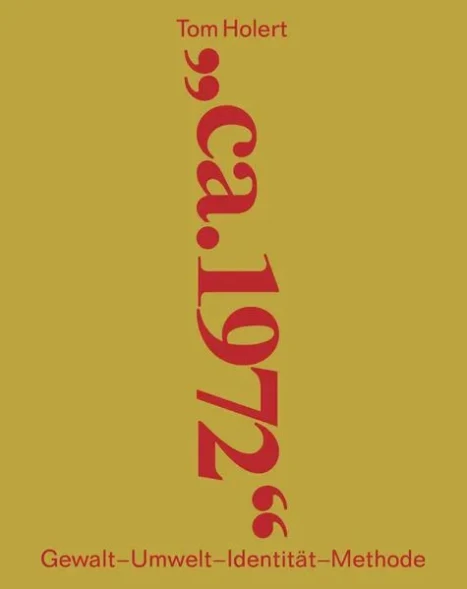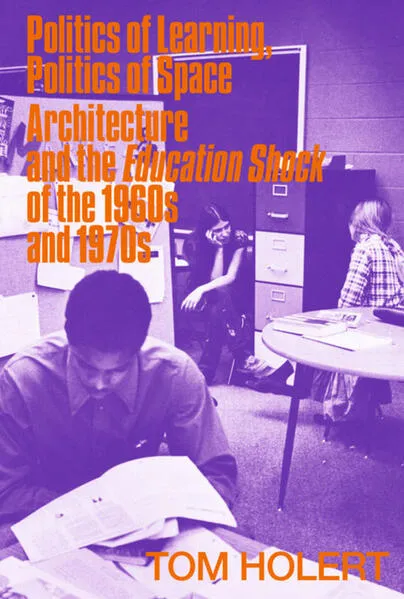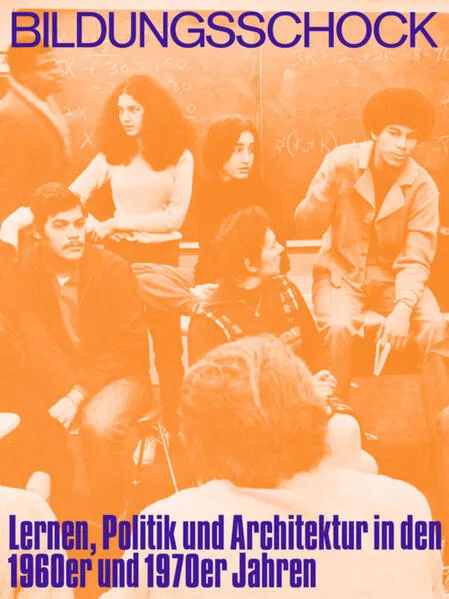
- Publikationen ca: 4
- Buchbewertungen ca: 3
- Fragen & Antworten
Tom Holert
ca. 1972
Um das Jahr 1972 wich das Vertrauen in die Nachkriegsordnung und die Fortschrittsmechanik der Moderne einer Atmosphäre von Ernüchterung, Verbitterung und Angst. Reihenweise zerplatzten damals die hochgespannten Erwartungen der 1960er Jahre an revolutionäre Veränderungen.
Politics of Learning, Politics of Space
How the relationships between education and outer space have developed historically is exemplified in an incisive way by the decades that followed the "Sputnik shock" of 1957. The wake-up call that resulted from the Soviet space program set the global landscape of learning in motion.
Politics of Learning, Politics of Space
How the relationships between education and outer space have developed historically is exemplified in an incisive way by the decades that followed the "Sputnik shock" of 1957. The wake-up call that resulted from the Soviet space program set the global landscape of learning in motion.
Bildungsschock.
Bildungsschock blickt auf die Folgen des "Sputnik-Schocks" von 1957. Nachdem die Sowjetunion den Westen mit einem ungeahnten Erfolg beim Wettlauf ins All düpiert hatte, expandierte Bildung im globalen Maßstab, um die "Weltbildungskrise" der Nachkriegsordnung zu bewältigen.



